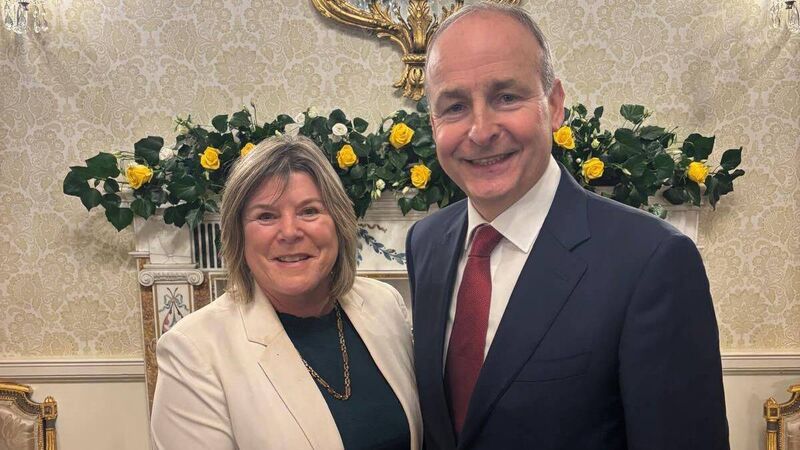Opposition rejects Government plan to grant regional independents special speaking rights

(Left to right) The new Government Chief Whip Mary Butler with Taoiseach Micheál Martin. Ms Butler said: 'A modern parliament is not necessarily made up of ‘government’ and ‘opposition’ members, and there are members who can’t readily be categorised as such.'
The opposition has strongly rejected a government proposal to introduce specific speaking slots for the Regional Independent Group to question ministers, calling it “utterly unacceptable”.
In a joint statement, opposition leaders described the move as “yet another cynical attempt to manipulate speaking time in order to grant special privileges to TDs who were part of negotiating the Programme for Government and clearly and unambiguously support the government.”











